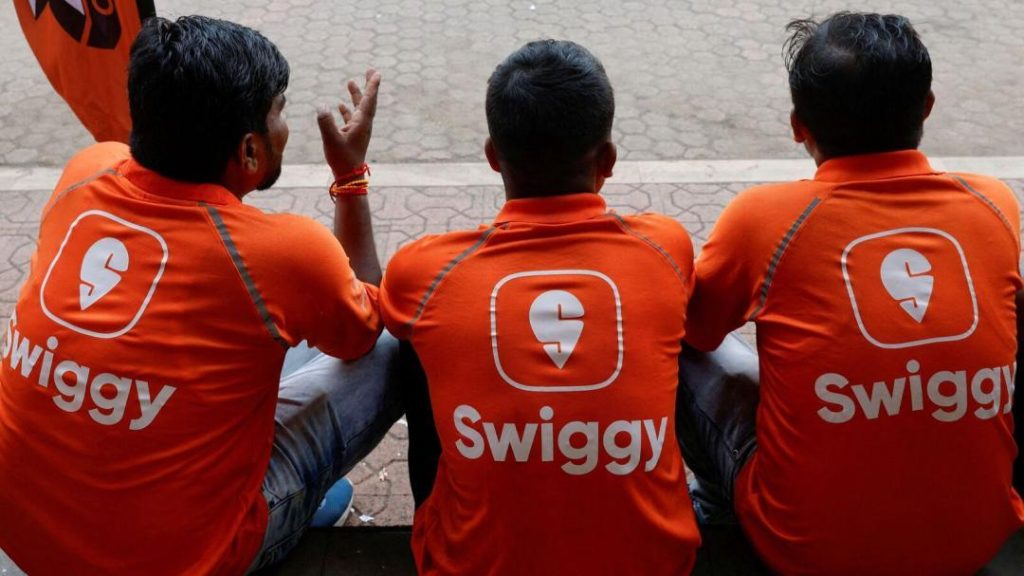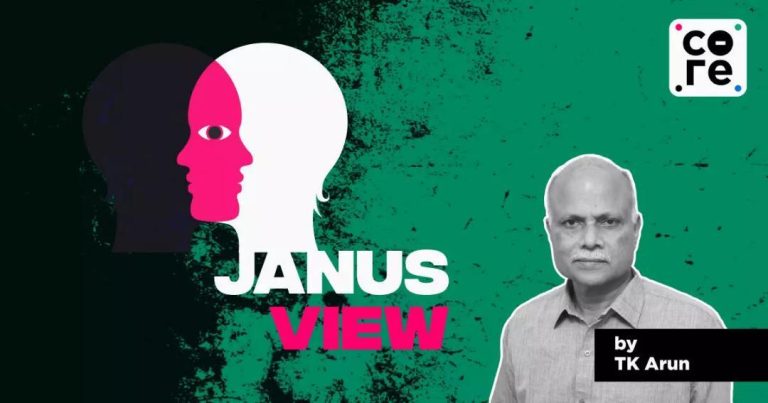
Swiggy Faces ₹158 Crore Tax Demand Over Cancellation Fees
The food delivery giant Swiggy has found itself in a legal soup as the Income Tax (I-T) department has slapped a massive ₹158 crore tax demand on the company for the financial year 2021-22. The reason behind this whopping demand is the alleged violation of tax provisions related to cancellation charges paid to its merchants. While Swiggy plans to appeal against the demand, claiming it is a result of a misunderstanding of tax provisions, experts believe that this case may set a precedent for how cancellation fees are taxed in the evolving digital economy.
For the uninitiated, cancellation fees refer to the charges imposed on customers for canceling their orders, which are then shared with the merchants as a part of their agreement with Swiggy. The I-T department has taken issue with the way Swiggy accounts for these cancellation fees, alleging that the company has misclassified them as “service charges” rather than “taxable income”. According to tax experts, this classification is crucial as it has a significant impact on the tax liability of the company.
The I-T department’s assessment order, which has been reviewed by this publication, shows that Swiggy’s cancellation fee income for FY 2021-22 was around ₹158 crore. However, the company claimed that this income was exempt from tax as it was classified as “service charges” paid to merchants. The I-T department, on the other hand, has taken the view that these charges are liable to tax as “business income” earned by Swiggy.
Swiggy’s stance on the matter is that the I-T department has misinterpreted the tax provisions and that the company has followed the correct accounting treatment for cancellation fees. The company has claimed that the demand is “without merit” and that it will appeal against the order. In a statement, Swiggy said, “We have always complied with the tax laws and regulations in India. We are confident that our accounting treatment for cancellation fees is in line with the applicable tax provisions. We will take all necessary steps to ensure that our rights are protected and the demand is withdrawn.”
The case has significant implications for the digital economy, as it highlights the need for clarity on taxation of cancellation fees. Tax experts believe that the outcome of this case may set a precedent for how other e-commerce companies account for cancellation fees. “This case is important because it highlights the need for clarity on taxation of digital services,” said a tax expert. “If Swiggy’s appeal is rejected, it may set a precedent for other e-commerce companies to re-examine their accounting treatment for cancellation fees.”
The I-T department’s move to demand tax on Swiggy’s cancellation fees is in line with its efforts to crack down on tax evasion in the digital economy. In recent years, the department has taken several steps to increase tax compliance among e-commerce companies, including the introduction of a new tax regime for online marketplaces.
The case has also sparked concerns among merchants who rely on Swiggy’s platform for generating income. If the I-T department’s demand is upheld, it could lead to a reduction in the amount of cancellation fees paid to merchants, which could have a negative impact on their livelihoods. “We are worried about the implications of this demand on our income,” said a merchant who wished to remain anonymous. “We hope that Swiggy’s appeal is successful and that the I-T department’s demand is withdrawn.”
In conclusion, the Swiggy’s ₹158 crore tax demand is a significant development in the taxation of digital services in India. While the company plans to appeal against the demand, the case highlights the need for clarity on taxation of cancellation fees. The outcome of this case may set a precedent for how other e-commerce companies account for cancellation fees, and it is likely to have significant implications for the digital economy.
Source: https://ascendants.in/industry_events/swiggy-rs-158-crore-tax-demand/






